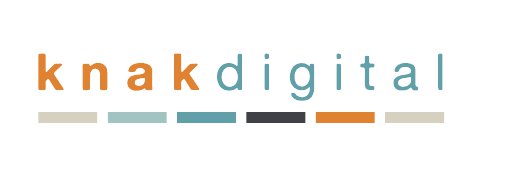In recent conversations with job seekers, I’ve noticed a concerning trend: many are obsessing over their resume scanner scores, believing these tools hold the key to getting their applications in front of hiring managers. As a recruiter, I’m here to tell you why this approach might be steering you wrong.
What Are Resume Scanners? These online tools claim to evaluate your resume by comparing it against a job description, generating a “match score” based on keyword alignment. Some job coaches even advise candidates to target specific scores, suggesting that falling short means your resume won’t make it past initial screening.
Putting Resume Scanners to the Test To investigate these claims, I conducted several experiments using Jobscan, comparing successful candidates’ resumes against their actual job descriptions. The results were eye-opening:
Case Study #1: QA Manager Position
- The candidate who landed the job scored a “Low Match Rate”
- The scanner flagged issues with job title formatting and missing company names
- Out of 35 identified hard skills and 5 soft skills, the successful candidate only “matched” 6
Case Study #2: Business Development Role
- The winning resume scored just 49% match rate
- Matched only 6 out of 10 hard skills and 2 out of 3 soft skills
- The scanner missed crucial keywords related to required government regulation experience
Case Study #3: VP of Technology Position
- Another “Low Match Rate” for the successful candidate
- The scanner criticized date formatting and job title mismatches
- The candidate who received the offer matched only 3 out of 17 soft skills and 5 out of 22 hard skills
Why Scanner Scores Don’t Tell the Full Story Resume scanners have significant limitations. They simply tally keywords from the job description against words in your resume, missing crucial elements that real recruiters evaluate:
- Actual results and achievements
- The weight and scope of specific requirements
- Important nuances in experience
- The context of keywords
- Experience with competitors or notable brands
- Impact of significant projects
- Value of cross-industry knowledge
A Better Approach to Resume Writing Instead of keyword stuffing to achieve a high scanner score, focus on crafting a resume that resonates with human readers. While you can use scanner tools to identify potential gaps in your resume, the key is integrating relevant keywords naturally into your narrative. Focus on:
- Highlighting concrete achievements
- Demonstrating the scope of your work
- Describing relevant project experience
- Providing context for your skills and experience
Remember: the goal isn’t to game the ATS or fool recruiters. A resume loaded with keywords but light on substance will fall flat when it reaches human eyes. Instead, craft a compelling story that showcases your experience while naturally incorporating relevant industry terms and skills.
The Bottom Line While resume scanners might seem like helpful tools, don’t let their scores dictate your resume strategy. Focus on clearly communicating your value proposition to potential employers. After all, it’s your actual experience and achievements that land jobs, not scanner scores.
- Are Reference Checks Useless? Rethinking Their Value in Hiring
- The Critical Role of Peer Interviews in the Hiring Process
- Hiring Dilemma: Should you Choose the First Candidate you Interview?
- Scammers are Targeting Job Seekers–Here’s How to Outsmart them
- The Power of ‘Next’: The Recruiter’s Guide to Genuine Candidate Interest

